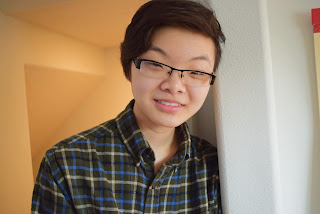I love food. Like, I really love food. I watch cooking shows for fun and began developing the skill when I was as young as three years old. I've noticed that a lot of my peers lack learning to make food in their upbringing. It's never too late and there are multiple pros.
- Your chances of starvation of decreased
Honestly, I think that being able to make food should be a basic skill, as food, oxygen, and water are three crucial keys to living.
- Save money+control
Frequently eating out is incredibly expensive. Also, you never really know what's been put into your food. When you cook, you reduce money spent on eating and have complete control over what you consume. Thus, you can adjust things to your taste and preferred diet.
- Share with friends
There's a great feeling of accomplishment when your product is not only useful to you, but to people around you as well. Cooking for friends is an excellent bonding experience and expression of affection. Your friends will (/should!) appreciate the fruit of your labor.
- Accomplishment
In any context, pulling something together to create a finished product brings a sensation of success. The actual process can be very
relaxing too, even more so if you cook with good music playing.
- Multitude of recipes online
There are so many free recipes on the internet, so you can never really run out of options. When experimenting with recipes, you truly become an explorer.












